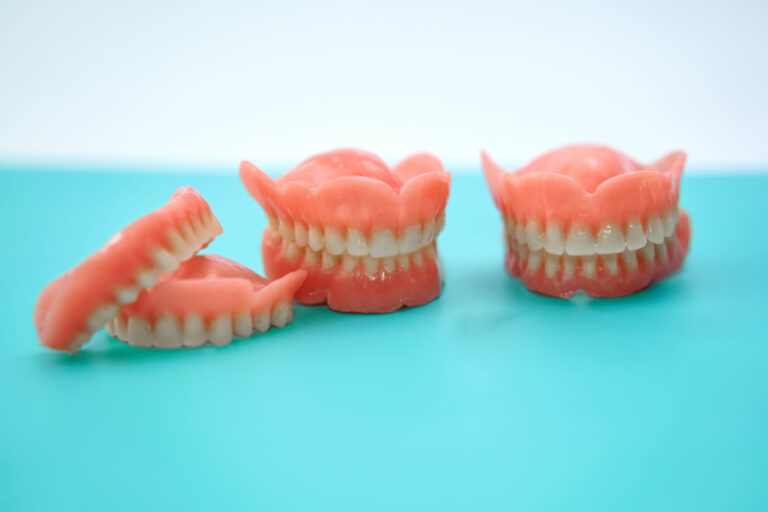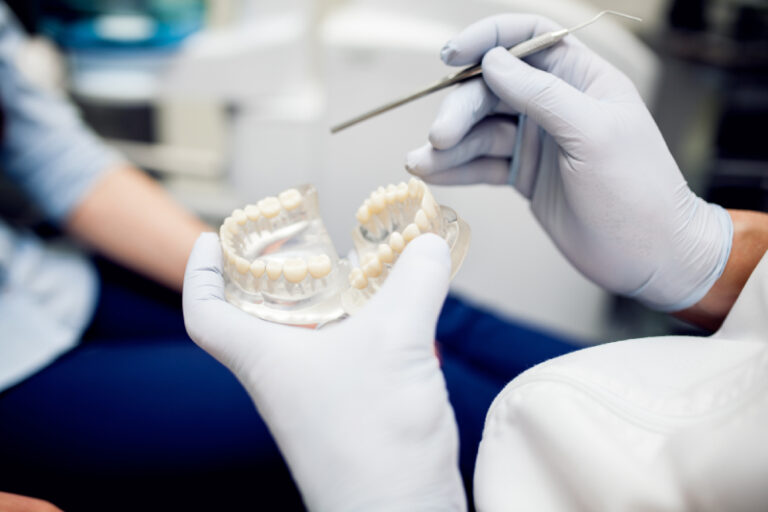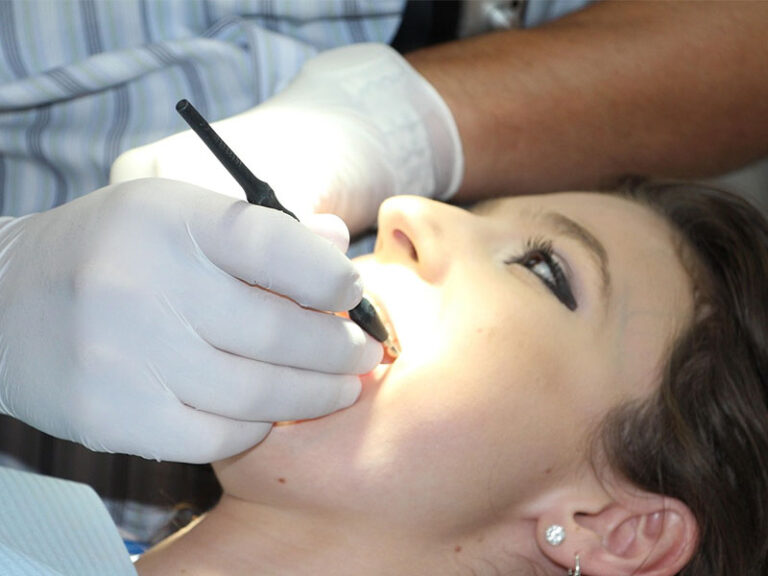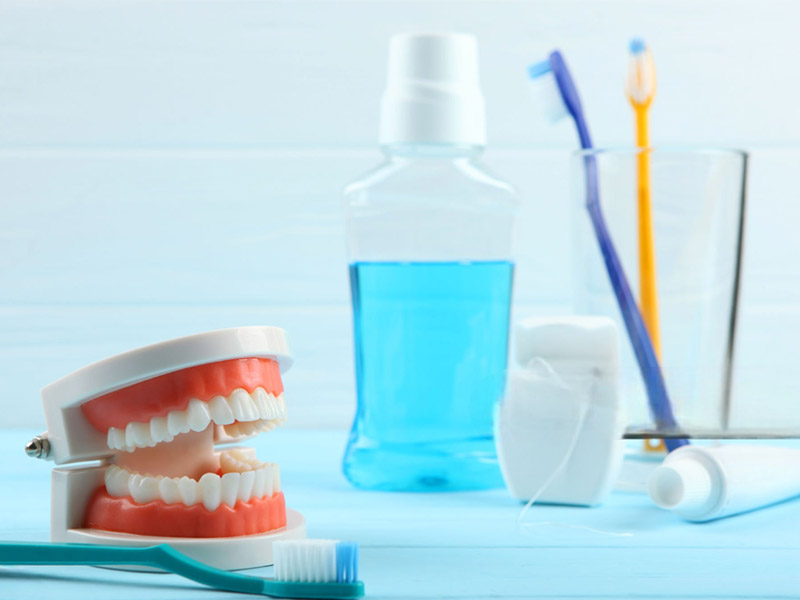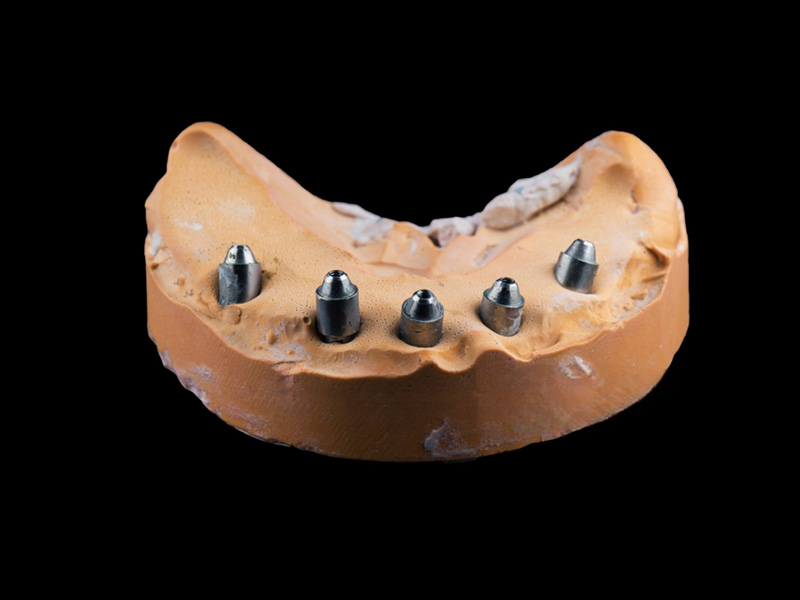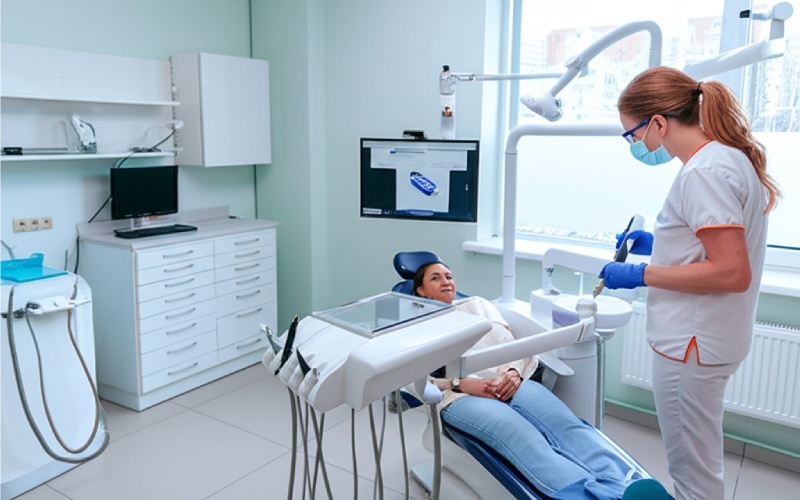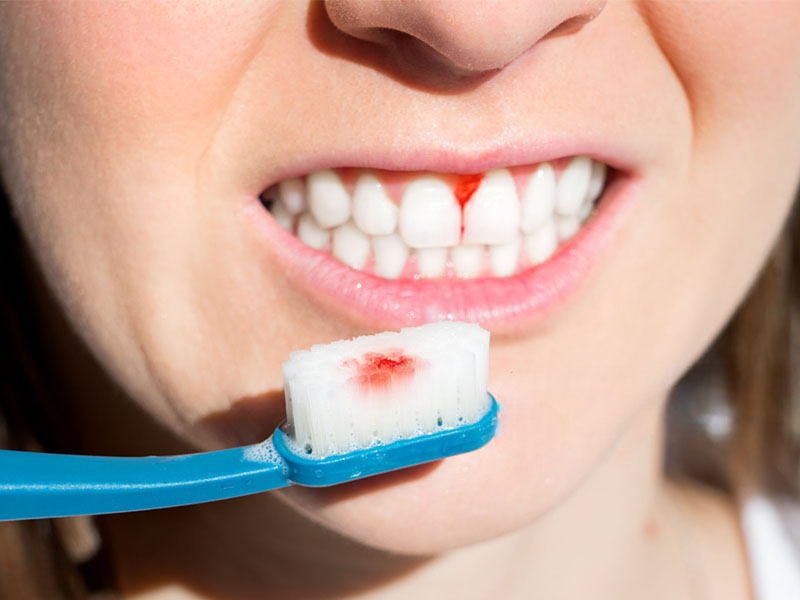
Bleeding Gums: A Simple Guide to Causes, Treatments, and Bigger Problems
If you’ve ever brushed your teeth and spat out a bit of red, you’ve probably wondered if bleeding gums are a big deal. The simple answer? Sometimes it’s nothing major, but it can also be a sign of something more serious. In this guide, I’ll show you the reasons why gums bleed, what can happen if you just ignore it, and what top dentists say works best to stop it. By the end, you’ll have some easy steps to keep your mouth—and your whole body—healthy
Table of Contents
What Does Bleeding Gums Mean and Why Pay Attention?
Seeing blood when you brush or floss is called gingival bleeding. It’s not a sickness on its own. It’s your mouth trying to tell you something. Gums are the soft tissue (dentists call it gingiva) that help keep your teeth in place. They should look pink and feel firm—not red, not puffy, and definitely not bleeding.
Turning a blind eye to bleeding gums is like ignoring your car’s “check engine” light. Sure, maybe it’ll be fine for a while, but trouble’s coming if you let it go. The bottom line? Keep an eye on your gums. Healthy gums lead to a healthy mouth—and that can help the rest of your body too.
Why Are My Gums Bleeding?
Let’s get to the root. Most bleeding gums happen because of plaque. That’s just a soft film made up of bacteria and bits of food that sticks to your teeth and gums. If you don’t brush and floss it away, plaque gets hard and turns into tartar. Tartar just makes things worse by trapping even more bacteria.
These bacteria put out poisons that bother your gums and make them swell up. Your own body fights back with swelling—and this swelling makes gums turn red and bleed if you touch them, like when you brush or floss. Dentists call this gingivitis. It’s the first stage of gum disease, and here’s the good news—it’s fixable.
Inside your mouth, there’s a little space between tooth and gum called a sulcus. When germs gather here, your body sends its “soldiers” (blood cells) to fight. This makes gums weak and easy to bleed. You might not even notice you have gingivitis until you see red in the sink, so brushing and flossing every day (and seeing a dentist now and then) really matter.
Is My Cleaning Routine to Blame?
People ask, “Are my gums bleeding because I flossed too hard or changed my toothbrush?” Great question. When you start flossing or switch to a firmer brush, you might see some bleeding at first. Your gums are just getting used to it. Give it a few days of gentle brushing and the bleeding should stop.
If it keeps on for more than a week, it’s not just your cleaning. Brushing extra hard or using a rough brush can hurt gums, but healthy gums bounce back fast. If you keep seeing blood, gingivitis, tartar, or hidden plaque may be behind it.
Your best bet? Use a soft toothbrush and learn the right way to brush (look up the Modified Bass method if you’re curious). You don’t need to scrub hard—just be gentle and stick with it.
What Else Makes Gums Bleed?
It’s not only how you clean your teeth. Sometimes, bleeding gums show that there’s a bigger health issue. For one, changes in hormones (like during pregnancy, the teen years, or menopause) can make your gums react more—leading to something called pregnancy gingivitis.
Not getting enough Vitamin C or Vitamin K can also make gums bleed. Long ago, sailors got scurvy (from not having enough Vitamin C), and one of the first signs was bleeding gums. Even today, if your diet is missing some key vitamins, your gums can pay the price. If you have immune system problems or a dry mouth (xerostomia), you’re also at higher risk.
Other common causes? Dentures or devices that don’t fit right can rub the gums raw. Even stress and smoking can play a part. Both make it tougher for your body to fight off germs living in your mouth.
Could My Medicines Be Causing It?
Plenty of medicines can make gums bleed. Blood thinners like warfarin, aspirin, or clopidogrel help your heart but can make bleeding gums more likely.
Some blood pressure pills or anti-seizure drugs can make your gums puffy (dentists call that gingival hyperplasia) which then bleeds easily. If your gums are swollen and you just started a new medicine, talk to your dentist or doctor. Always tell your dentist every pill you take so they can keep you safe.
When Should I Worry about Bleeding Gums?
Now and then, bleeding gums mean something much bigger. Diseases like leukemia, low platelets, or blood clotting problems (hemophilia) can make gums bleed more easily. Folks with very low platelets or weak immune systems might see extra bleeding.
See other signs like bruising, nosebleeds, or bleeding that just won’t quit? Call a doctor right away. Think of your gums as a little window to your health. Strange gum bleeding might be the first clue to blood disease—especially if you’re tired, losing weight, or getting sick more often.
How Do Dentists Check for Bleeding Gums?
Go to the dentist for gum bleeding, and you’ll usually get a full gum check. Here’s what happens:
- Just looking: The dentist will check if gums look red, puffy, or bleed when touched.
- Bleeding test: They gently poke between tooth and gum to see if it bleeds.
- Space check: They measure how far down the gum has pulled away from the tooth. More than 3mm might mean gum disease.
- Dental X-rays: X-rays show if bone around the teeth is shrinking. That helps spot deep gum problems.
Your dentist might also ask about your health and medicines—and, if needed, order some blood tests to rule out other problems.
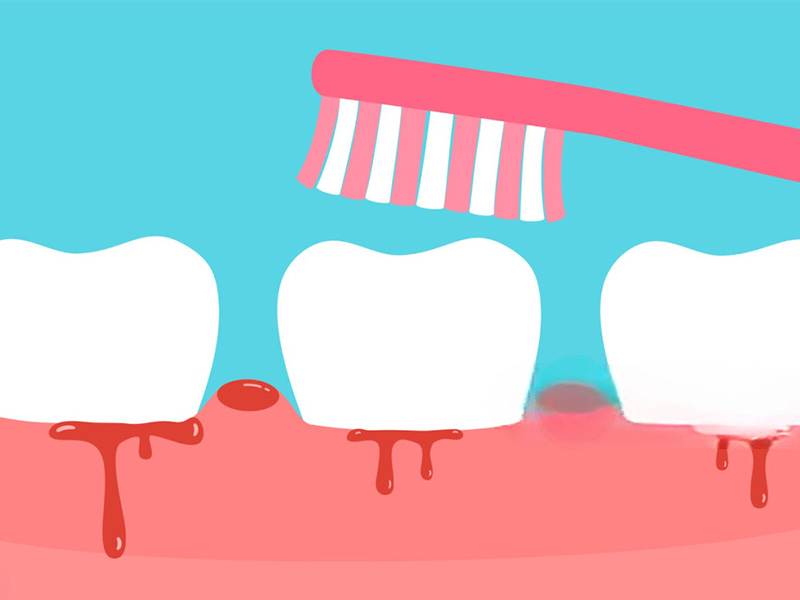
What Are the Best Ways to Treat Bleeding Gums?
Here’s the best part: Most bleeding gums can be fixed quickly if you act fast. Your dentist can clean your teeth (that’s a professional cleaning) to get rid of plaque and tartar. If your gum disease is deeper (periodontitis), you might need a “deep cleaning” where they clean under the gums. Sometimes you’ll get a special mouthwash (like chlorhexidine) or even antibiotics.
What should you do at home?
- Brush twice daily with a soft toothbrush. Use small circles and cover every tooth.
- Floss or use brushes between teeth each day. Water flossers are good, too.
- Rinse with salt water or a store-bought mouthwash.
- Eat healthy—especially foods with Vitamin C and Vitamin K.
If you have health conditions (like you’re on blood thinners or have diabetes) your dentist and doctor might team up to get things in order.
What If I Just Ignore My Bleeding Gums?
Look the other way, and it’s likely to get a whole lot worse. Bleeding that doesn’t go away can turn into serious gum disease. Gums pull away from teeth (dentists call this recession), and you can even lose the bone under your teeth.
Then, it goes downhill:
- Bad breath
- Loose teeth
- Lost teeth—which means maybe needing dentures
On top of that, fixing things later can get expensive. More cleaning, gum surgery, or even more—especially if your dental insurance doesn’t cover it.
Can Bleeding Gums Cause Other Health Problems?
Surprise! Your mouth isn’t some lonely island. Science shows gum disease links to these health problems:
- Heart trouble: Gum disease raises your odds of heart disease and stroke.
- Diabetes: Folks with diabetes get gum disease easier, and gum problems can make blood sugar spike.
- Pregnancy: Women with gum disease may have babies who come early or weigh less.
- Lung infections: Mouth bacteria can travel, causing illnesses like pneumonia—especially for older adults.
- Other diseases like arthritis, kidney problems, and maybe even Alzheimer’s have been linked, too.
So, caring for your gums really means caring for your whole self.
How Can I Stop Gums from Bleeding?
Stopping gum bleeding is easier than it sounds. Here’s my advice:
- Brush at least twice a day (after breakfast and before bed).
- Floss or use small brushes for between your teeth every day. Kids should start once any teeth touch!
- Visit your dentist or dental hygienist every 6 months—or even more if you already have gum problems.
- Eat well. Go for fruits, veggies, and foods high in Vitamin C and K.
- Don’t smoke. It hides gum trouble but makes it worse.
- Take care of other health problems like diabetes or heart disease.
- Check with your doctor about your medicine if you start seeing blood—especially if you’re taking blood thinners.
Don’t forget: The sooner you fix bleeding gums, the quicker and easier it’ll be to keep your mouth and body healthy.
FAQ
Q: Can kids have bleeding gums?
A: Yep! Most times it’s from not brushing well or new flossing. Little kids might bleed from teething. If it’s not getting better with good cleaning, see a children’s dentist.
Q: Does salt water help?
A: A saltwater rinse can calm your gums a bit, but it won’t fix what’s really causing the trouble if it’s more than mild.
Q: What if my gums bleed every single day?
A: Don’t wait—call your dentist. If you’re bleeding all the time, you probably need a real cleaning or another check.
Q: How long does it take to heal gums?
A: Mild gingivitis often gets better in a week or two if you brush, floss, and eat right.
Main Points: Don’t Miss These
- Bleeding gums mean something’s wrong.
- Most of the time, plaque and tartar are to blame.
- Good brushing and flossing usually fix things if you catch it early.
- Hormones, medicines, your diet, and illnesses can also cause gum trouble.
- Ignoring it may lead to lost teeth and bigger health issues.
- Going to the dentist twice a year can catch problems early.
- Bleeding gums are sometimes linked to heart problems, diabetes, and other diseases.
- Daily care is the easiest way to stop gums from bleeding.
References
- Centers for Disease Control and Prevention (CDC): Periodontal Disease Data
- World Health Organization: Oral Health Fact Sheet
- American Dental Association: Gum Disease
- American Diabetes Association: Oral Health and Diabetes
- Cochrane Database of Systematic Reviews: Non-surgical Periodontal Therapy
- American Heart Association: Periodontal Disease and Heart Health
- Journal of Clinical Periodontology
Want more tips? Visit our main page or set up a dental checkup today. Take care of your gums, and you’ll take care of your health!


